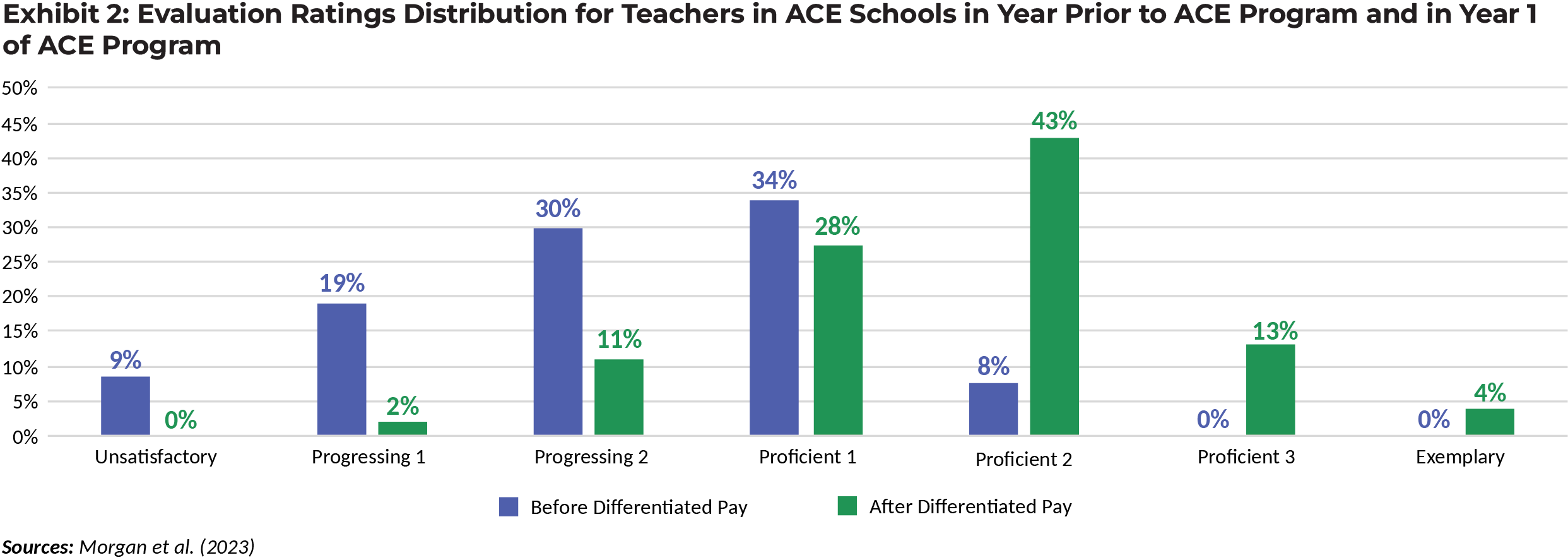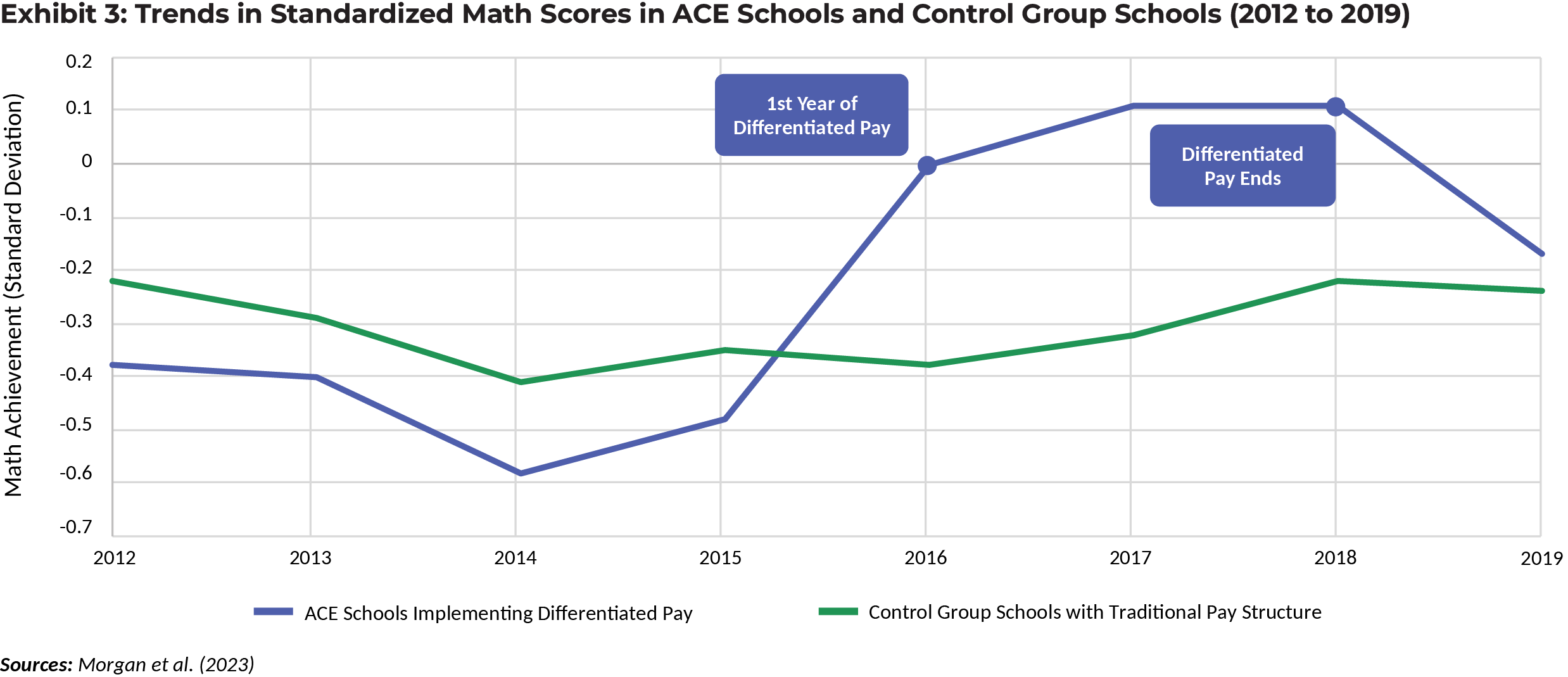Best Practices in Teacher Pay: Differentiated Pay for Hard-to-Staff Schools
A comprehensive, professional compensation plan includes layered pay strategies that build on one another to ensure the recruitment and retention of a high-quality workforce. This is the seventh in a series of blogs highlighting best practices in teacher pay featured in detail in BEST NC’s report, Teacher Pay in North Carolina: A Smart Investment in Student Achievement.
Differentiated Pay & Inequitable Access to Great Teachers
Decades of research has established that highly-qualified, effective teachers are distributed unevenly and inequitably across schools. Researchers Dan Goldhaber, Lesley Lavery, and Roddy Theobald summarize the breadth of this inequity in their 2014 study:
“We demonstrate that in elementary, middle school, and high school classrooms (both math and reading), every measure of teacher quality—experience, licensure exam score, and value-added estimates of effectiveness—is inequitably distributed across every indicator of student disadvantage—free/reduced lunch status, underrepresented minority, and low prior academic performance.”
Exhibit 1 below illustrates these inequities in North Carolina. The highest-poverty schools in the state have higher percentages of beginning teachers and lower percentages of National Board-Certified teachers than affluent schools.

*Beginning teacher is defined as a teacher in their first three years of teaching.
**Poverty calculation methodology can be found at NCEdFacts.org.
Like most states, teacher staffing inequities in North Carolina are driven, in part, by the structure of the state teacher salary schedule, which relies on just two variables – teacher experience and degrees. This means base pay is the same regardless of what, where, or how well a teacher teaches.
The differences in access to highly qualified teachers make it clear that teacher compensation strategies must be designed intentionally to ensure that all students have access to effective educators, especially those in high-poverty schools and hard-to-staff subjects. Fortunately, there is substantial evidence that providing additional compensation for teaching in hard-to-staff schools or subject areas for highly effective teachers has positive effects for both students and teachers, including increased teacher retention and improved student achievement.
Differentiated Pay in Hard-to-Staff Schools
In a new study, researchers from the National Bureau of Economic Research examined the results of the Accelerating Campus Excellence (ACE) program in Dallas Independent School District. The ACE program began in Dallas in 2016 and provided large compensation differentials – a $2,000 signing bonus and between $6,000 and $10,000 higher annual salary – to effective teachers in its lowest performing schools.
Researchers found that the differential pay program was successful in recruiting high-performing teachers to the ACE schools. When compared to similar schools, ACE schools experienced significant upticks in teacher quality in the first year of implementation.

The authors also found that ACE schools showed a dramatic and immediate increase in student achievement in both math and reading, with greater improvements in math. Importantly, in 2019 ACE was scaled back. When this occurred, participating schools saw an equally dramatic and immediate drop in achievement in both subjects in those schools. These patterns demonstrate a direct causal link between the differentiated teacher pay program and student achievement.

Note: A similar pattern emerged in reading. ACE schools improved dramatically in Year 1 of the program, then fell off after the program was discontinued; however, the magnitude of the changes was smaller in reading than in math.
This new research builds upon a body of evidence that finds differentiated pay structures can attract and retain highly-qualified teachers in hard-to-staff schools, leading to improved student achievement. Given this substantial evidence base, BEST NC recommends North Carolina provide compensation incentives for effective teachers who work in hard-to-staff schools.



